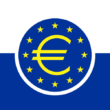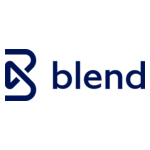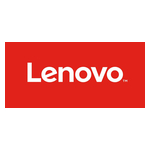Payments start-ups PayKey and Blue Code win Temenos innovation final
Israeli payments start-up PayKey was voted as Temenos’ Innovation Jam winner by the attendees of the 2017 Temenos Community Forum in Lisbon. Another payments start-up, Austria-based Blue Code, was crowned the winner of the Judges Awards (the judges panel consisted of three Temenos’ senior execs, two representatives from banks and a consultancy).
The prize is a bottle of champagne for each firm and bringing the companies’ solutions onto the Temenos MarketPlace. Aaron Phethean, director at MarketPlace, says Temenos will waiver the annual $4,000 fee for PayKey and Blue Code to join. And, of course, a chance to showcase the solutions to 1,200+ attendees of TCF 2017.
PayKey is described as the “world’s first payment keyboard” and uses patent-pending technology that works with messenger apps. Users tap the “$” key to unlock payment mode directly within the app to transfer funds.
PayKey has recently helped Westpac launch a new mobile chat service – Westpac Keyboard – that allows the default keyboard in popular messaging apps (Facebook Messenger, WhatsApp, Twitter, SnapChat and WeChat) to be replaced with an interface displaying payment options.
It is also a finalist in Yes Fintech, the accelerator programme of India’s Yes Bank.
Last year, PayKey raised $6 million in Series A funding, co-led by e.ventures and Wharton Asset Management.
Meanwhile, Blue Code operates its cashless payment app in Austria and Germany. The company says is already in use “at more than 18,000 cash registers with all kinds of retailers all over Austria, covering approximately 85% of all food retailers”. It is also working with a number of banks in the country, including Raiffeisen, UniCredit, Erste Bank und Sparkassen, and Bawag.
In Germany, Blue Code has recently inked a deal with Sparkassen-Finanzgruppe (The Savings Banks Finance Group).
“Innovation is moving at a blistering pace in the banking industry,” says Temenos CEO David Arnott. It’s companies like PayKey and Blue Code “that continue to disrupt”, he adds.











































